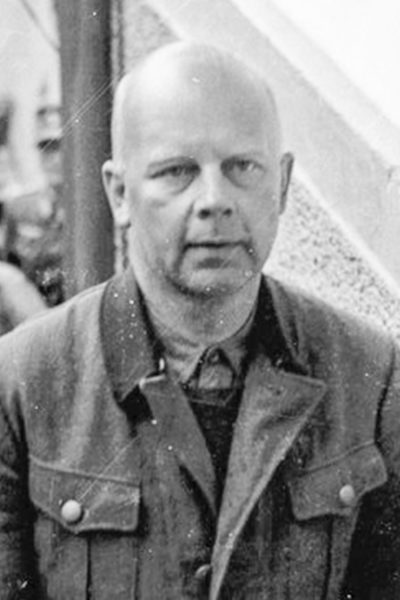I’m very pleased to present John Winn Miller’s guest blog for you today. John is the author of the recently published book, The Hunt for the Peggy C, a suspenseful novel set during World War II. His blog talks about five interesting topics he came across while researching the book. I was honored when John asked me to read an advance copy of the book and it turned out to be one of those books I couldn’t put down until finished. It was then that I asked him to consider writing a guest blog for us. John is a “Master of Research,” and I am confident you will not only enjoy this snapshot into his research but will learn some interesting facts. With that being said, I will now turn it over to John. (John’s bio can be found at the end of the blog as well as links to purchase his new book.)

Click here to see John’s book.
I have devoured countless World War II histories over the years. And I have been a fan of almost every documentary, movie, or television show about the era. So, naturally, I thought I knew a lot about the subject. That was until I started to write my debut novel, The Hunt for the Peggy C. The story is about an American smuggler who struggles to rescue a Jewish family on his rusty cargo ship, outraging his mutinous crew of misfits and provoking a hair-raising chase by an unstable U-boat captain bent on revenge. Read More Five Surprising Things I Learned Researching My World War II Novel–Guest Blog


